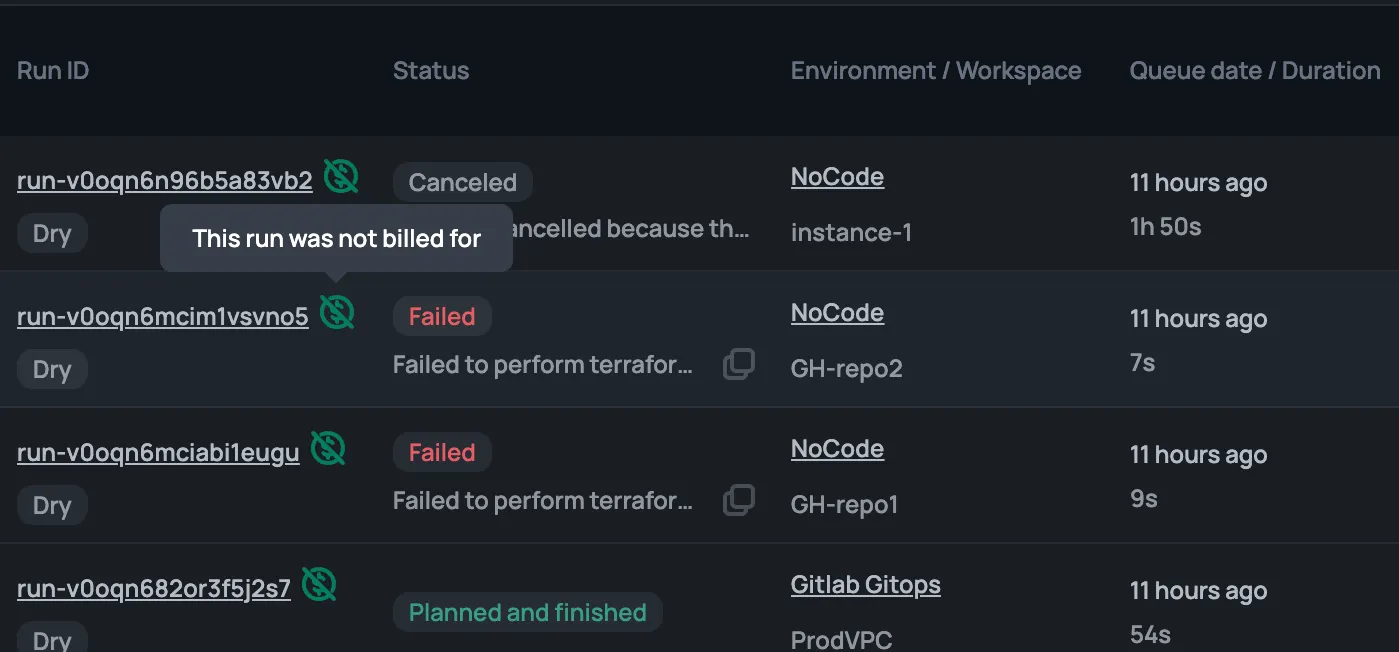Unlimited & Free Concurrency.

Big news for folks running infrastructure in environments inaccessible from the public internet! Starting today Scalr has an option to execute runs within your own networks thanks to installable and self-hosted “agents”.
By default, Scalr executes Terraform runs on a pool of shared agents that we maintain. This suffices for the majority of use cases, but sometimes, due to security, compliance, or network requirements, you need the runs to be executed within a special network inaccessible from the outside so that Terraform can make its API calls to various services.
There aren’t many workarounds to this: either forgo using Scalr for those workloads, or deploy Scalr on your own premises and forgo the convenience and security of SaaS.
Enter Scalr self-hosted agents.
These self-hosted agents run in agent pools deployed on your infrastructure, are fully encrypted, and only need network access back to Scalr to pull jobs and push run results.
Even better, we’ve placed no concurrency limit on them, so a single agent in a single pool could execute many runs in parallel (assuming you grant it enough ram and compute).

The way these agents work is simple. They pull job info from the Scalr service and execute the run from within your network, instead of the push model otherwise used, so they only need outbound internet access. Then, each workspace can be set up to use these agents, or default to using the Scalr service.
Getting started is easy. Simply pick a plan that gives you access to self-hosted agents, grab from Scalr the command to install them, and deploy one. Then your workspaces will have the option of using them for run execution.

We even made a step by step guide for you here.




